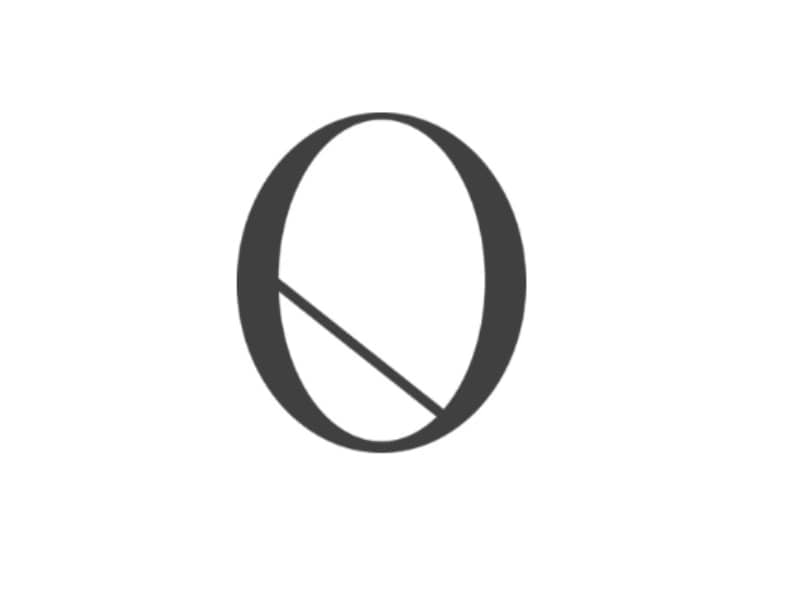Opolis
Opolis is a public utility infrastructure for digital employment serving independent workers. Opolis was founded in 2017 by John Paller.[1][12]
History
Opolis was founded by John Paller in August 2017 and it was created to provide an equitable global employment framework, a platform that gives independent workers access to tools and infrastructure to facilitate work that fits their lifestyle.
The name Opolis combines the Greek words “Opus” and “Polis”. Opus translates to "work" while Polis is the Greek word for “community” or “city”. Opolis is "Work City". [1]
The Employment Commons
Opolis is a technological and legal framework offering a public utility infrastructure for employment, The Employment Commons. The three components required for the Opolis ecosystem to function are:
Decentralized Employment Organization (DEO)
Opolis developed a concept of Decentralized Employment Organizations (DEOs) that integrate established legal and technological frameworks. Members of verified DEOs are able to participate in an unlimited number of DAOs while only having to be part of one DEO. Members are vetted through employment verification requirements with KYC and AML compliance and can operate pseudonymity throughout their work cycle. [2]
Members can move between different Decentralised Employment Organisations (DEOs) based on their preferences, such as social and political beliefs, skillsets, and location. DEOs will self-govern, allowing members to make changes to the DEO, or opt-out if they disagree. [2]
Native Trustee Technology
Native Technology
Opolis Trustee utilizes a combination of Web2 and Web3 technologies for its native technology. The technology stack includes the Public Utility Opportunities Market, Data Storage, Oracles, Payroll Remittance, and Legal Agreements. As the technology evolves, Web2 technology will be replaced with Web3 solutions.
Opolis' main goal is to provide sustainable, scalable, low-cost services to DEOs and their members, with a structure that incentivizes collaboration. Technology contributors who participate in the native technological offerings of Opolis will share in the revenue generated by the stack, providing incentives for companies to collaborate and build Opolis with high-quality technology. [2]
Shared Services
The Opolis Trustee provides low-cost services to DEOs and its members, covering the entire lifecycle of employment administration including compliance, tax withholding and remittance, reporting, benefits administration, and general HR duties. This serves to provide a one-stop solution for individuals employing themselves, potentially changing standard W2 employment and standard freelance employment regarding various services. [2]
Markets/API Technology & Services
Opolis is designed as a protocol for employment, providing a base layer of technology and services. It serves as a neutral substrate that allows contributors to integrate functionality into the ecosystem without worrying about vertical integration up/downstream cannibalism by the "market maker". [2]
$WORK Token
On April 22, 2021, The Opolis Employment Commons (the “Commons”) announced the launch of its community patronage token, $WORK, an Ethereum-based token. The token serves as a utility token for governance, staking, and patronage distribution inside the Commons. Owners of $WORK must be an Employment Commons Members to receive the full benefit of the token. [3][13]
“The Future of $WORK starts now. We’re aligning the incentives and outcomes of our community around the activities that accrue value and ultimately build a sustainable, Member-owned public utility infrastructure for the Independent Worker. We start in the US, but plan to expand globally to serve a global workforce.” - John Paller, Executive Steward of Opolis said.
Tokenomics
At launch, 315,000,000 $WORK was minted and distributed to Commons Stakeholders. [4]
There is no cap on the total amount of $WORK that can be generated although $WORK is only minted as specific growth milestones are met by the community Members. [4]
Immediately following the completion of the Genesis Allocation, 27,800,000 $WORK was allocated to non-treasury circulating supply, 165,000,000 $WORK to the Commons Community and 150,000,000 to the Commons Trustee; Opolis, Inc. [4]
Payroll Mining
Payroll Mining is a process that mints and distributes $WORK to Commons Members. This Stakeholder Capitalism based framework provides potential for scaling value and structural benevolence, potentially enhancing Member satisfaction and long-term Commons value. $WORK is minted based on the Periodic Commons Payroll Volume (PCPV) growth milestones set forth by the Commons Stewards.
Staking
Staking $WORK provides the opportunity for Members to earn staking rewards, while Employee Members can also earn enhanced governance power. Rewards are higher per contributor in early Payroll Mining blocks to encourage adoption and create a strong network effect. Coalition Members are not able to earn enhanced governance power via staking.
Governance & Voting
The Commons follows a model of one Employee Member, one Employee Member vote. Employee Members can earn enhanced voting power privileges by staking $WORK. Coalition Members do not have governance rights, nor the ability to earn them. This is intentional to align voting with the best interests of Employee Members and growing ACPV, while keeping the cost of services low. Initial governance of the Commons is overseen by a 7 person Board of Stewards (“Stewards”).
The 7 person Board of Stewards consists of John Paller[11] (Opolis), Yev Muchnik[5] (Launch Legal), Bill Warren[6] (Pool-Party), Auryn MacMillan[7] (Gnosis), Barry Goers[8] (Merkle Mountain), Eric Arsenault[9] (DAOstack), and Spencer Graham[10] (Raid Guild).
Once the Commons reaches a membership of 1,000 Employee Members, governance will shift to the Employee Members, with limited powers remaining with the Stewards. Snapshot will be used to signal Employee Member preferences on governance proposals starting in late Q2-2021 post-Genesis Distribution. Once implemented, quadratic voting will be utilized for Employee Member voting to ensure no sole economic voice controls the community.
